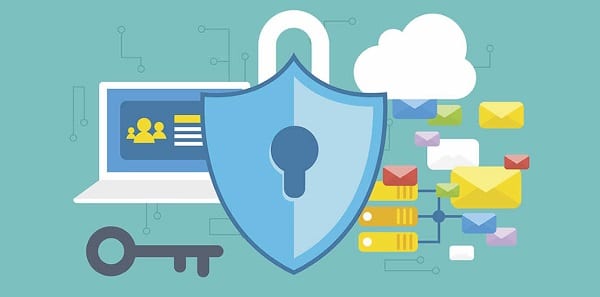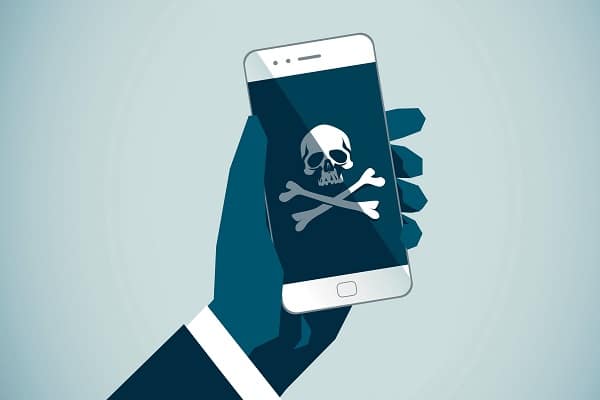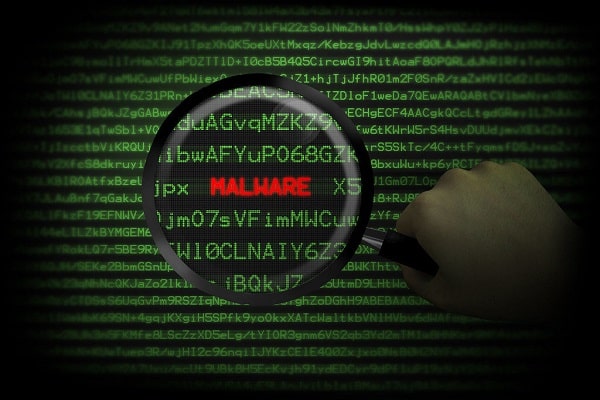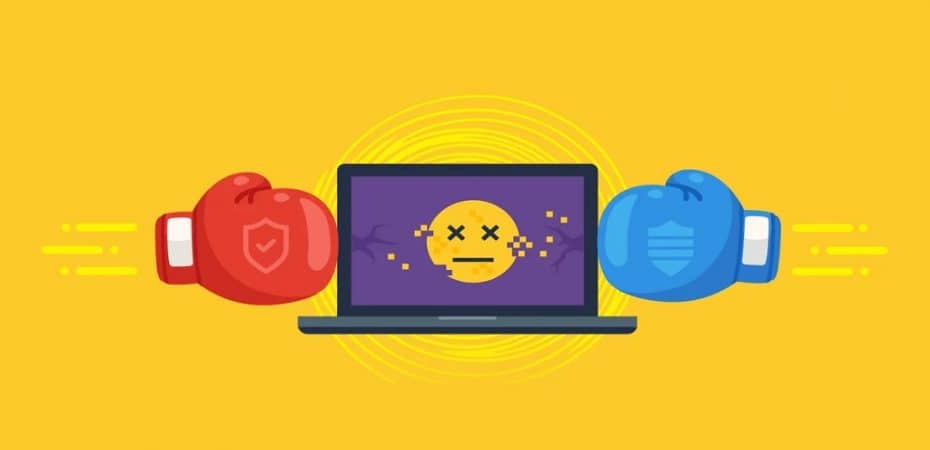There is a lot of confusion about Antivirus and Anti-Malware, but they are not the same. In this article you will learn the difference between them and why they are both important.
What is Antivirus?
As the name suggests, antivirus software is designed to protect your computer from viruses. Antivirus software scans your computer for viruses and removes them if they are found.
Most antivirus software or antivirus gratuito also provides real-time protection, which means that it will automatically scan new files as they are downloaded or created, and block any viruses that it finds. Some antivirus software also offers additional features such as email protection, web browsing protection, and more.
Anti-malware software is similar to antivirus software, but it is designed to protect your computer from all types of malware, not just viruses. Malware includes viruses, spyware, adware, and more. Like antivirus software, anti-malware software scans your computer for malware and removes it if it is found.
Most anti-malware software also offers real-time protection, which means that it will automatically scan new files as they are downloaded or created, and block any malware that it finds. Some anti-malware software also offers additional features such as email protection, web browsing protection, and more.
What is Anti-Malware?

Malware is a term used to describe malicious software, which is any type of software designed to cause damage or harm to a computer system. There are many different types of malware, including viruses, worms, Trojans, and spyware. Antivirus software is a type of security software that is designed to detect and remove viruses from a computer system. Anti-malware software is a type of security software that is designed to detect and remove all types of malware, including viruses, worms, Trojans, and spyware.
Why are Antivirus and Anti-Malware not the same?
There are a lot of people out there who think that antivirus and anti-malware are the same thing. They are not. Here’s why:
Antivirus is a program that detects and removes viruses from your computer. Anti-malware, on the other hand, is a program that detects and removes malware from your computer.
Viruses and malware are two different types of threats to your computer. Viruses are programs that can replicate themselves and spread to other computers. Malware, on the other hand, is software that is designed to damage or disable a computer.
So, while antivirus software can protect you from viruses, it cannot protect you from malware. And while anti-malware software can protect you from malware, it cannot protect you from viruses. That’s why you need both antivirus and anti-malware software installed on your computer. For mobile uses you can try antivirus per Android
How to keep your devices malware free

It is important to keep your devices malware free to protect yourself and your data. Here are some tips on how to do this:
1. Keep your operating system and software up to date. Security patches are released regularly to fix vulnerabilities that could be exploited by malware. By keeping your system up to date, you will make it more difficult for attackers to take advantage of these vulnerabilities.
2. Use a reputable antivirus program. Antivirus programs can detect and remove many types of malware, including viruses, Trojans, worms, and spyware. Make sure to keep your antivirus program up to date so that it can protect you against the latest threats.
3. Be cautious when opening email attachments and downloading files from the Internet. Email attachments and downloads can sometimes contain malware. If you’re not sure about a file, don’t open it or download it until you can verify its safety from a trusted source.
4. Don’t click on links in email messages or instant messages unless you’re sure they’re safe. Many phishing attacks use email or instant messages to lure victims into clicking on malicious links that install malware on their computers. Be skeptical of any unsolicited message that asks you to click on a link, even if it appears to come from a trusted source.
5. Avoid pirated software and websites that offer illegal downloads. Pirated software often contains malware, and websites that offer illegal downloads may also be infecting visitors’
There is a lot of confusion about Antivirus and Anti-Malware, but they are not the same. In this article you will learn the difference between them and why they are both important.
What is Antivirus?
As the name suggests, antivirus software is designed to protect your computer from viruses. Antivirus software scans your computer for viruses and removes them if they are found.
Most antivirus software or antivirus gratuito also provides real-time protection, which means that it will automatically scan new files as they are downloaded or created, and block any viruses that it finds. Some antivirus software also offers additional features such as email protection, web browsing protection, and more.
Anti-malware software is similar to antivirus software, but it is designed to protect your computer from all types of malware, not just viruses. Malware includes viruses, spyware, adware, and more. Like antivirus software, anti-malware software scans your computer for malware and removes it if it is found.
Most anti-malware software also offers real-time protection, which means that it will automatically scan new files as they are downloaded or created, and block any malware that it finds. Some anti-malware software also offers additional features such as email protection, web browsing protection, and more.
What is Anti-Malware?

Malware is a term used to describe malicious software, which is any type of software designed to cause damage or harm to a computer system. There are many different types of malware, including viruses, worms, Trojans, and spyware. Antivirus software is a type of security software that is designed to detect and remove viruses from a computer system. Anti-malware software is a type of security software that is designed to detect and remove all types of malware, including viruses, worms, Trojans, and spyware.
Why are Antivirus and Anti-Malware not the same?
There are a lot of people out there who think that antivirus and anti-malware are the same things. They are not. Here’s why:
Antivirus is a program that detects and removes viruses from your computer. Anti-malware, on the other hand, is a program that detects and removes malware from your computer.
Viruses and malware are two different types of threats to your computer. Viruses are programs that can replicate themselves and spread to other computers. Malware, on the other hand, is software that is designed to damage or disable a computer.
So, while antivirus software can protect you from viruses, it cannot protect you from malware. And while anti-malware software can protect you from malware, it cannot protect you from viruses. That’s why you need both antivirus and anti-malware software installed on your computer. For mobile uses you can try antivirus per Android
How to keep your devices malware free
It is important to keep your devices malware free to protect yourself and your data. Here are some tips on how to do this:
1. Keep your operating system and software up to date. Security patches are released regularly to fix vulnerabilities that could be exploited by malware. By keeping your system up to date, you will make it more difficult for attackers to take advantage of these vulnerabilities.
2. Use a reputable antivirus program. Antivirus programs can detect and remove many types of malware, including viruses, Trojans, worms, and spyware. Make sure to keep your antivirus program up to date so that it can protect you against the latest threats.
3. Be cautious when opening email attachments and downloading files from the Internet. Email attachments and downloads can sometimes contain malware. If you’re not sure about a file, don’t open it or download it until you can verify its safety from a trusted source.
4. Don’t click on links in email messages or instant messages unless you’re sure they’re safe. Many phishing attacks use email or instant messages to lure victims into clicking on malicious links that install malware on their computers. Be skeptical of any unsolicited message that asks you to click on a link, even if it appears to come from a trusted source.
5. Avoid pirated software and websites that offer illegal downloads. Pirated software often contains malware, and websites that offer illegal downloads may also be infecting visitors’
Read also:

